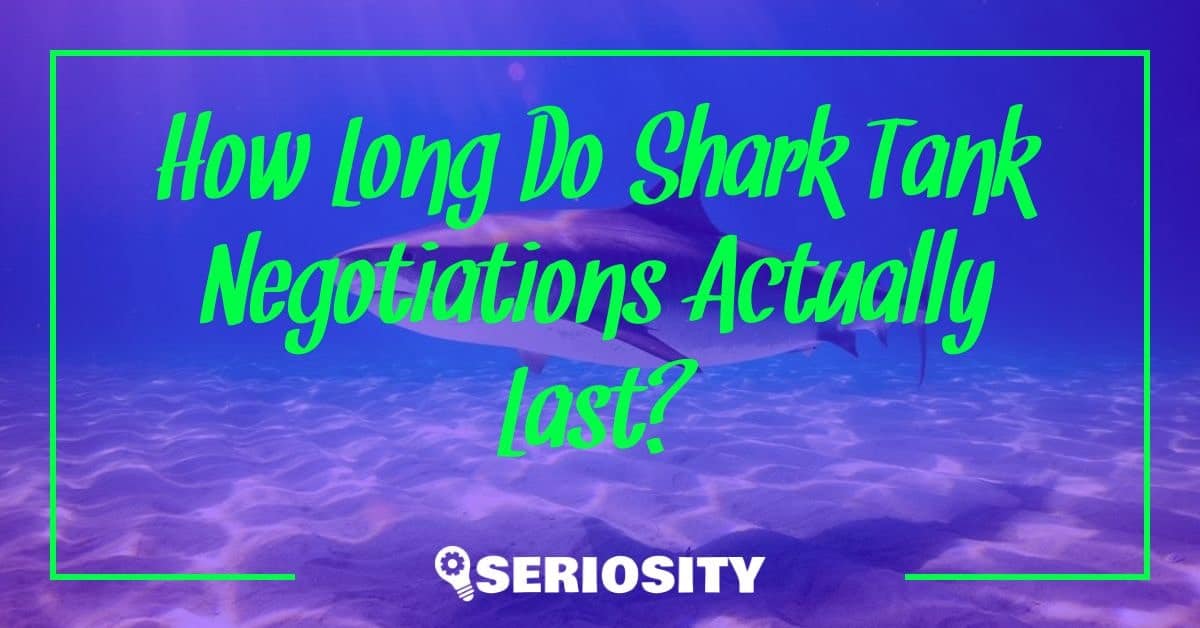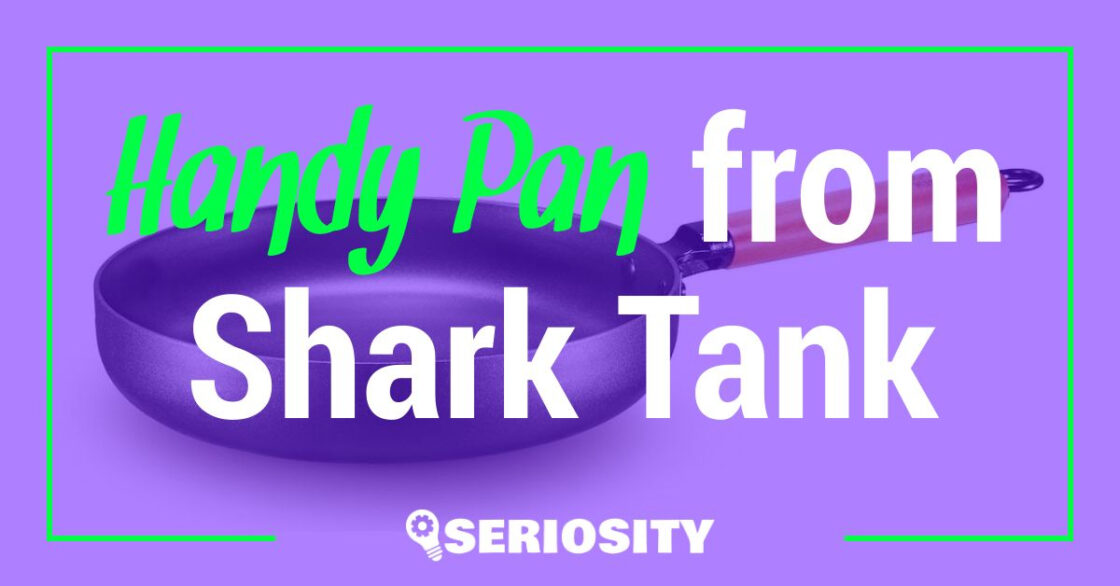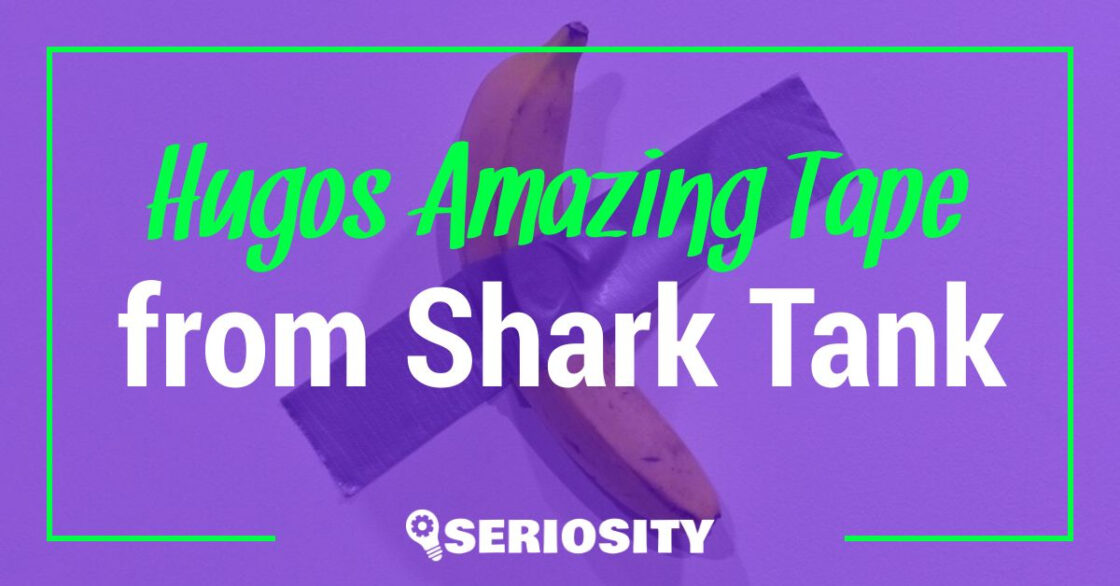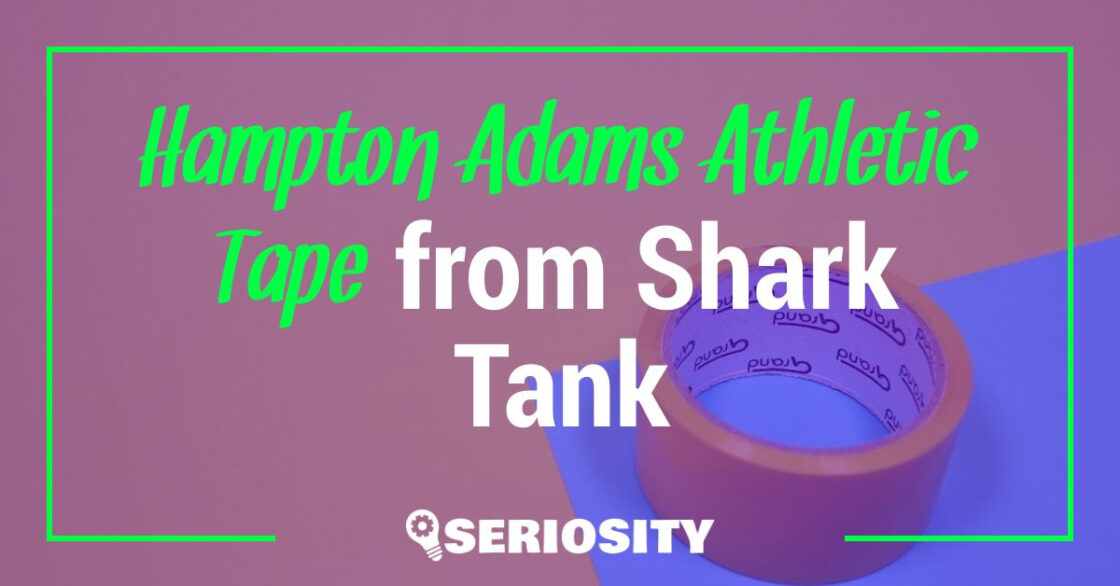The popular reality show, Shark Tank hasn’t won a couple of Emmy’s for no reason. It’s always carefully edited and crafted for a better presentation.
However, only the investors choose the projects they wish to take part in, and the deals are legitimate. As we all know, the sharks don’t always offer a deal without some conditions. So how long do actual Shark Tank negotiations last?
The Shark Tank Deals are Real
Although it has been established that many reality programs are heavily produced and scripted, the same cannot be said for the Emmy-winning Shark Tank. Co-founder of Broadcast.com and owner of the NBA’s Dallas Mavericks, Mark Cuban, told Yahoo Finance, “It’s our money, it’s all real.”
Even if a transaction is completed on the show, it is not necessarily finalized with a handshake. If the investor decides to proceed with the transaction, they will have the chance to conduct due diligence after the fact because, to put it politely, some entrepreneurs occasionally embellish.
Real, But Shark Tank is Entertainment TV
Shark Tank recently concluded its 13th season, demonstrating how much viewers respect and value the partnership between start-up businesses and investors. The Sharks have presented both successful and unsuccessful business concepts on their stage over the years, and some episodes received higher IMDb ratings than others.
Shark Tank fans may agree that some of the best episodes of the show have straightforward themes and engaging interactions with the sharks.
No Guarantee of Even Seeing the Camera
Entrepreneurs can submit applications to appear on the show, but there is stiff competition. Only 158 pitches were taped for the show’s 10th season, and only 88 were broadcast on television, according to a 2019 report from USA Today. On average, 35,000 to 40,000 individuals request to be on the show each year.
The Sharks know that not everyone who pitches is guaranteed a spot in an episode. According to a statement made by Cuban to CNN, “150 or so get to pitch us, and less than 100 make it on the air.”
They’re Edited but the Deals are Painfully Real
It might not be obvious while watching an episode of “Shark Tank” how heavily the 10-minute pitches were condensed. Most pitches last between one hour and two hours. In season four, Plate Topper founder Michael Tseng pitched for 2 and a half hours.
The sharks typically hear six to eight pitches each day, with each shooting day having a potential duration of 12 hours. Although it’s a quick way to film an entire season in just 17 days, many of the sharks become worn out in the process.
Entrepreneurs Get Only One Take to Get their Pitch Right
Brightwheel‘s founder Dave Vasen reached a deal with Chris Sacca and Mark Cuban while appearing on “Shark Tank” in 2016.
Later, he discussed the pressure of performing on the one-take program in an essay that appeared on Medium.
All the questions, answers, and back-and-forth, according to him, are sincere. Yes, some of it has been changed to be a little more theatrical, but the rest of it is accurate. And not simple. A mistake is a mistake. Unfortunate if it deviates from the plan. No retries.
Some of the Best Deals Ever Made on Shark Tank
Scrub Daddy
In exchange for $200,000 and a 20% stock stake in the company, Scrub Daddy eventually formed a partnership with inventor and businesswoman Lori Greiner.
Before the campaign, only five supermarkets carried the Scrub Daddy in 2012. Thousands of retail locations offer the Scrub Daddy now. Additionally, the business has annual revenues of more than $175 million and is regarded as the best-ever Shark Tank acquisition.
Tipsy Elves
A holiday-themed clothing business called Tipsy Elves focuses on ugly sweaters, as well as costumes and ski equipment. Robert Herjavec contributed $100,000 in exchange for a 10% ownership.
Before going on Shark Tank, the business made $600,000 a year in sales. They are now bringing in more than $50 million in revenue. Their clothing is even worn by celebrities such as Ryan Reynolds and Jimmy Kimmel.
Groovebook
In Season 5, Mark Cuban and Kevin O’Leary seized the opportunity and contributed a combined $150,000 to the subscription-based service for the rights to 80% of the license.
The product quickly attracted 500,000 subscribers after the Shark Tank pitch. In 2014, the company was acquired by Shutterfly Inc. for $14.5 million (the company was only 18 months old). Kevin O’Leary named the deal one of his top investments from the show.
Squatty Potty
In Season 6, Lori Greiner contributed $350,000 for 10% of the business.
The day after the show aired, The Squatty Potty made $1 million. The Squatty Potty had sales of over $33 million at the end of 2017. The company has also created different versions of the product, including a glow-in-the-dark Squatty Potty.
319 companies signed on-air deals throughout the first seven seasons of Shark Tank, according to Forbes. When Forbes reporters spoke with the owners of 237 of those 319 companies, they discovered that a staggering 73 percent did not receive the same offer as the one that was broadcast. And 43% admitted that after appearing on Shark Tank, their agreements fell through!
Even while that is obviously disappointing, being a part of the popular series, which has been running since 2009, might generate enough awareness to help a company develop significantly.
The chewable coffee pouches sold by Matt Canepa and Pat Pezet’s business, Grinds, are aimed at people trying to give up chewing tobacco. On Season 4, they reached an agreement, but it disintegrated throughout the negotiation process.
But that isn’t the end of the story. After appearing on the show, the pair noticed a sharp increase in Grinds sales.
“Pat and I entered the exhibition with the intention of closing a sale. There are many success stories, whether or not you close the business, said Matt Canepa.
Our Final Thoughts
Most people are aware that professional wrestling is scripted – the bumps are real, but the outcome is very much contrived. Shark Tank is a refreshing exception in the reality TV genre. Along with the drama of extended negotiations, we get to see real people invest their own money in other real people’s dreams.





